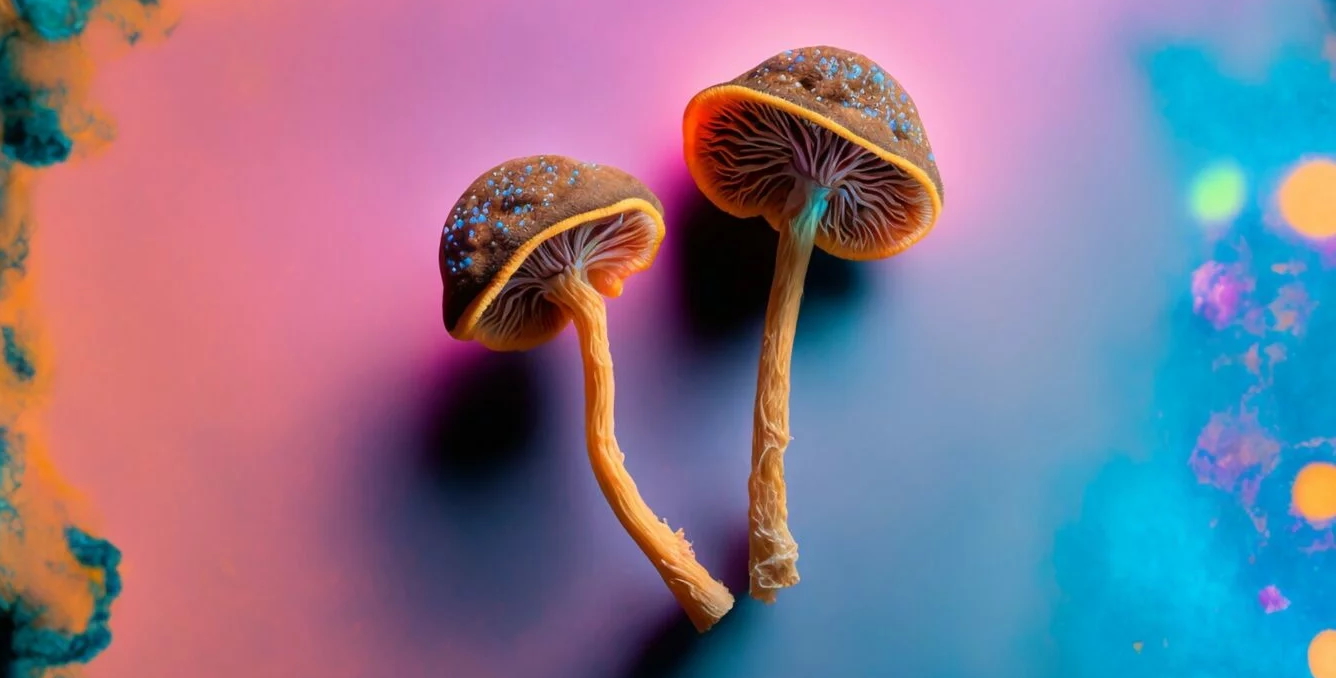Psilocybin therapy has been making waves in mental health and wellness spaces, promising breakthroughs in how we treat depression, PTSD, and other mental health conditions. As 2025 approaches, advancements in research, legislation, and therapeutic practices are shaping the future of this transformative therapy. In this blog, we explore emerging trends and predictions that will define the future of psilocybin therapy.

The rise of evidence-based psilocybin therapy
Expanding research horizons
Recent years have seen an exponential increase in studies exploring psilocybin’s therapeutic potential. Major research institutions like Johns Hopkins University and Imperial College London are leading the charge. By 2025, we anticipate:
- Broader clinical trials: More large-scale, Phase III trials targeting depression, anxiety, and addiction.
- Diverse populations: Inclusion of underrepresented groups to better understand psilocybin’s effects across demographics.
- Innovative applications: Research into lesser-studied areas such as psilocybin’s role in treating chronic pain and end-of-life anxiety.
Key findings so far
Studies have shown that psilocybin therapy can produce significant, long-lasting improvements in mental health. For example:
- A 2020 study published in JAMA Psychiatry found that psilocybin-assisted therapy reduced major depressive symptoms in 71% of participants after four weeks.
- Anecdotal evidence supports these findings, with many users reporting profound shifts in perspective and emotional well-being.
Regulatory shifts: The path to legalization
Momentum for decriminalization and legalization
Several regions, including Oregon and parts of Canada, have already taken steps to legalize or decriminalize psilocybin. By 2025, we predict:
- Broader legal access: More U.S. states and countries will follow suit, establishing frameworks for psilocybin-assisted therapy.
- Medicalization pathways: Regulatory bodies like the FDA may approve psilocybin for specific medical conditions, similar to the process for cannabis.
- Ethical commercialization: Striking a balance between accessibility and preventing exploitation in the emerging market.
“We’re witnessing a historic shift in how society views psychedelics,” says Dr. Laura Stone, a leading advocate for psilocybin research.
Global trends
Countries such as Australia and Switzerland are advancing their own regulatory approaches, potentially creating models for others to emulate.
Therapeutic innovations: Redefining mental health care
Personalized psilocybin protocols
The future of psilocybin therapy lies in tailored approaches that consider individual needs. Advancements include:
- Biometric monitoring: Using wearables to track physiological responses during therapy sessions.
- AI-Driven customization: Algorithms to recommend dosages and protocols based on patient history.
- Holistic integration: Combining psilocybin therapy with mindfulness, nutrition, and other wellness practices.
Technology and accessibility
Technology will play a crucial role in scaling psilocybin therapy. Expect developments like:
- Virtual reality (VR): Enhancing therapeutic experiences with immersive environments.
- Teletherapy platforms: Expanding access to psilocybin therapists in remote areas.
Digital aftercare tools: Apps to support integration and ongoing mental health maintenance.

Challenges and ethical considerations
Addressing potential risks
While the potential benefits of psilocybin therapy are vast, challenges remain:
- Safety concerns: Ensuring psilocybin is administered in controlled, therapeutic settings.
- Overcommercialization: Preventing profit-driven practices from overshadowing patient care.
- Cultural sensitivity: Respecting indigenous traditions and knowledge about psilocybin use.
Balancing accessibility and integrity
As the industry grows, it must prioritize:
- Equitable access: Ensuring therapy is available to underserved communities.
- Transparency: Clear communication about risks and benefits.
- Sustainability: Ethical sourcing of psilocybin mushrooms to minimize environmental impact.
Public perception: Changing attitudes toward psychedelics
The role of education and media
Public understanding of psilocybin has evolved significantly. Educational campaigns and media coverage are helping to:
- Reduce stigma: Highlighting scientific evidence over sensationalism.
- Promote awareness: Sharing real-life success stories of psilocybin therapy.
- Encourage open dialogue: Creating platforms for discussing benefits and concerns.
Community engagement
Grassroots movements and advocacy groups are playing a key role in normalizing psilocybin therapy. As more individuals share their transformative experiences, societal acceptance will continue to grow.
Predictions for 2025 and beyond
- Mainstream adoption: Psilocybin therapy will become a standard option for treating mental health conditions in licensed clinics.
- Integration into healthcare: Insurance providers may begin covering psilocybin-assisted therapy for approved conditions.
- Continued research: Ongoing studies will uncover new applications and refine therapeutic practices.
“By 2025, psilocybin therapy could redefine mental health care as we know it,” predicts Dr. Elena Marquez, a leading researcher in psychedelic medicine.
Conclusion: A new era for mental health
The future of psilocybin therapy is bright, offering hope for millions struggling with mental health challenges. As research deepens, regulations evolve, and therapeutic practices innovate, psilocybin is poised to transform the way we approach healing and wellness.
Whether you’re a researcher, therapist, or simply curious about psychedelics, staying informed is key. Join us as we explore this fascinating journey into the next frontier of mental health care.




